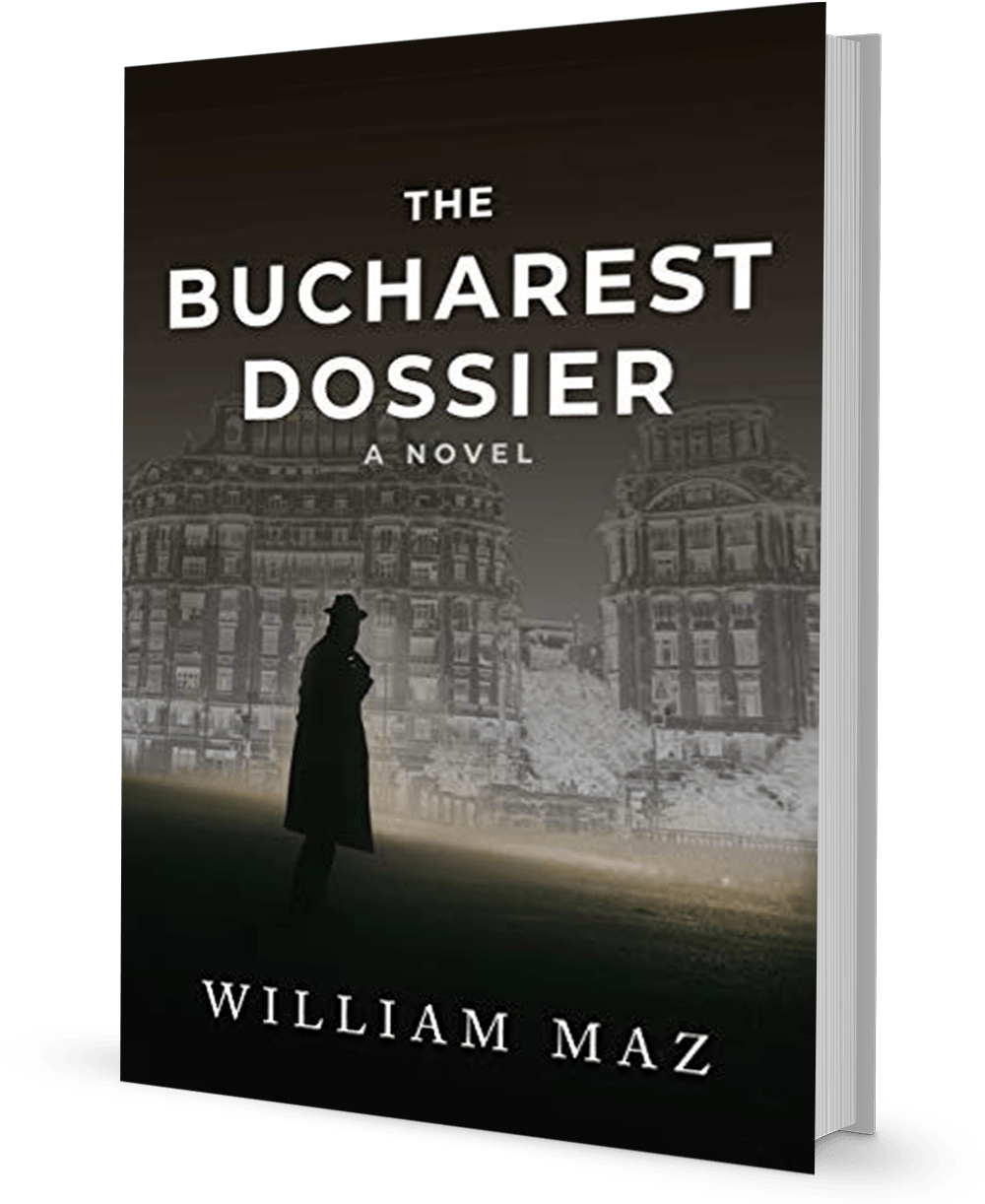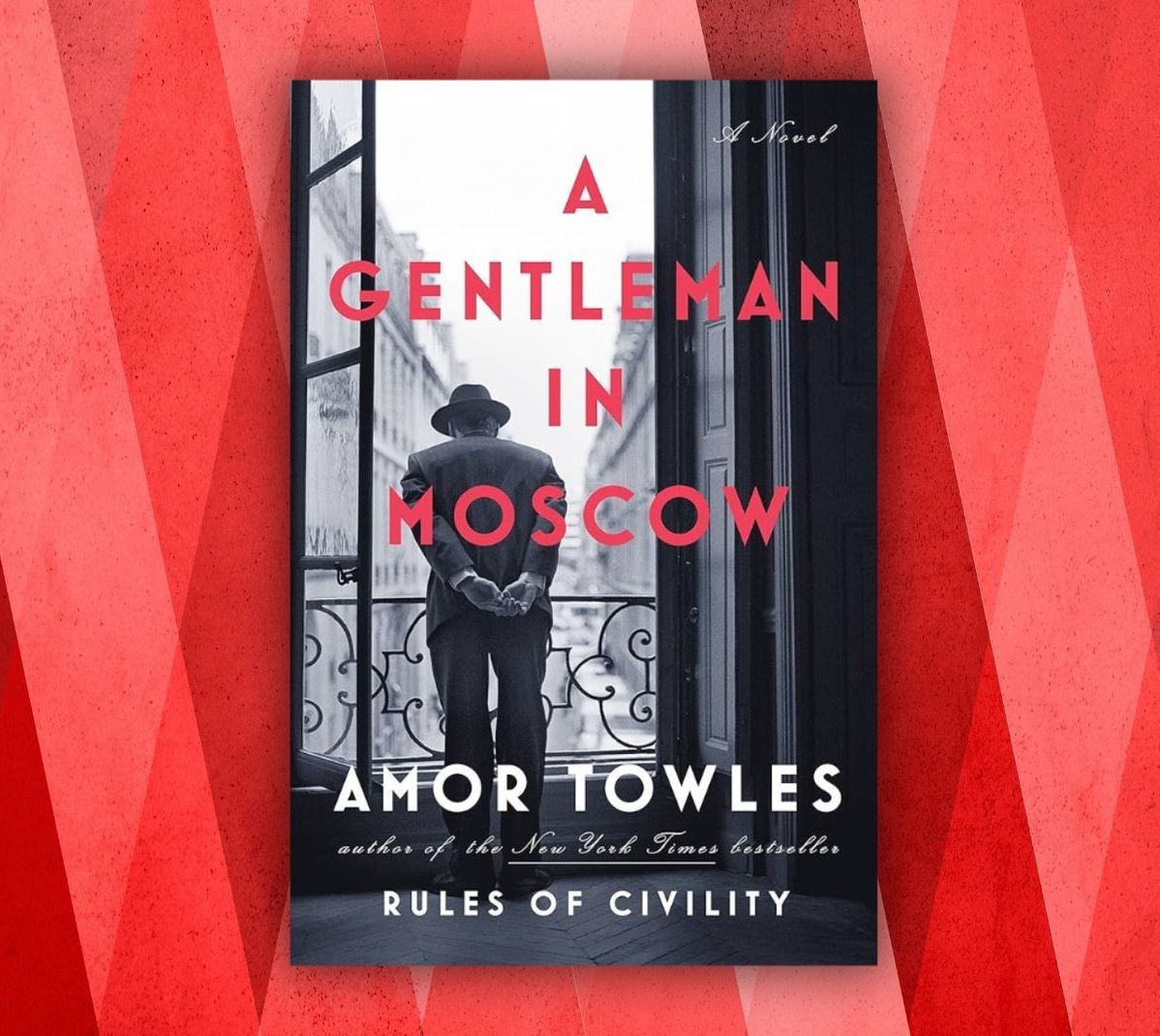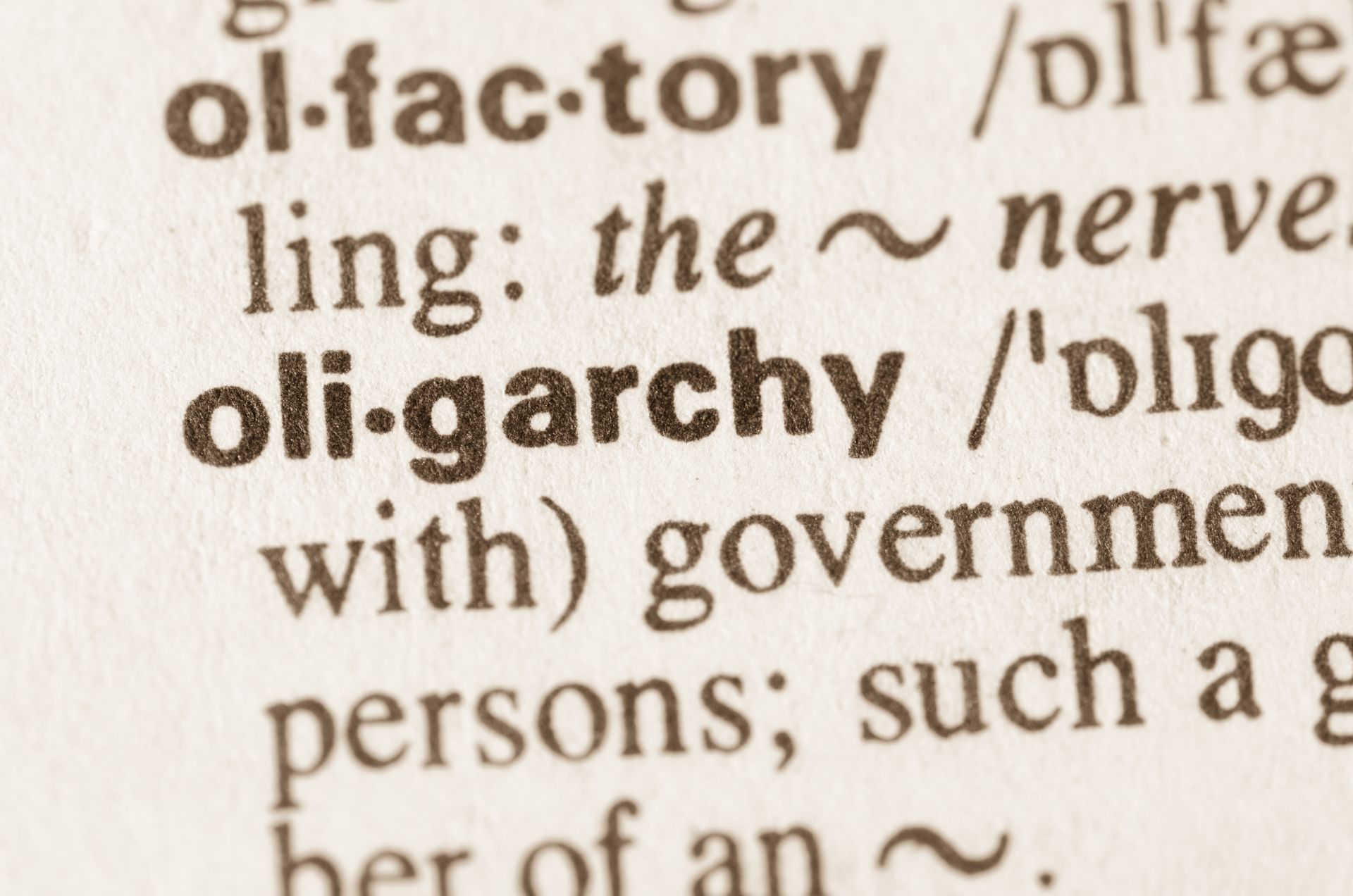The Bucharest Dossier - A Novel
“Bine ai venit!”
Welcome and thank you for your interest in my writing! I am delighted you’re here. Whether you are writer, reader, or an agent of the CIA, I’d like to share with you how my new book The Bucharest Dossier came to be.
But first, some context…
I was born in Bucharest, Romania of Greek parents and lived under communism for a part of my early childhood. Since then, I have visited Bucharest many times, both during the communist years and after the revolution, and have relatives and friends still living there. I wanted to write about the Romanian revolution that brought it out of communism both for personal reasons and because I wanted to portray the lives of the people living under a totalitarian regime.
In December of 1989, the other former Soviet satellite countries had undergone their own version of a “velvet” revolution, a peaceful transition to democracy. Romania was the sole Soviet satellite country that still remained under the grip of the Stalinist tyrant Nicolae Ceausescu. Even the Berlin Wall had fallen. But the Romanian revolution would not be a peaceful one.

They always tell you to write about what you know. It is advice fraught with danger.
For beginning writers, which included me during my college years, writing about their own experiences invites many pitfalls. The main danger is that beginning writers feel an emotional imperative to recount the events just as they occurred in their own lives, and they often feel disloyal to those events if they change them to fit the story they are trying to tell. In writing classes, you often hear this impassioned response by the writer to criticism of his work: “But that’s what actually happened!” The writer mistakenly believes that by recounting the actual events from his life he is telling the “truth.”
The problem is that real life doesn’t unfold in packets of short stories or novels. Life often comes to us as an avalanche of seemingly unrelated events and characters without any obvious connection. Issues often resolve years or decades later, or sometimes never. Incidents and characters come and go, without us having much appreciation of their meaning in real time. Over millennia, mankind has evolved the ability to create the “story” in order to make sense of life’s twists and turns and reach some sort of understanding of the world around us. The story is a way of shaping events that may span days or decades into a few pages using a clear structure to arrive at some insight into their meaning. The creation and recounting of stories is such a universal attribute of the human race that some scientists believe it is hard-wired in our brains.
The basic structure of the story involves an inciting incident that causes the reluctant protagonist to leave his safe life to embark on a quest fraught with danger; of escalating obstacles by an antagonist resulting in ever-deeper setbacks for the protagonist; of the climax where the protagonist either achieves his goal or not; and the resolution in which the protagonist arrives at a new understanding of life. Of course, that simple structure has infinite variations.
Writers have to be very careful in how they use personal events from their lives. They must not allow these “real” events to imprison them into having to recount them exactly how they occurred. These events are only a tool to use very parsimoniously in the creation of their art.
The Bucharest Dossier has the structure of a love story inside a spy thriller inside a historical novel. I used certain events and characters from my personal life in all three levels, but was very careful not to succumb to their emotional demand for loyalty. For the love story, I used a little girl I knew as a child in Bucharest as my protagonist’s mythical love interest, but the rest of the love story is purely fictional. For the spy plot, I used certain localities and characters from my college and Bucharest experiences, but the rest is fiction. The historic background of the Romanian revolution is based on real events, which required many interviews and a great deal of research, but there, too, I used “poetic license” to propose a novel understanding of those events.
Life doesn’t provide “truth” on a platter. The writer’s job is to mold and shape life’s seemingly random events into a story that arrives at a higher truth which can then be conveyed to the reader in a compelling and emotionally satisfying manner. The loyalty of the writer is to the story, not to the life events from which the story sprang. Once the writer thus frees himself, he or she can use those kernels of truth to create that higher truth of the story.
With sincere regards,
William Maz





